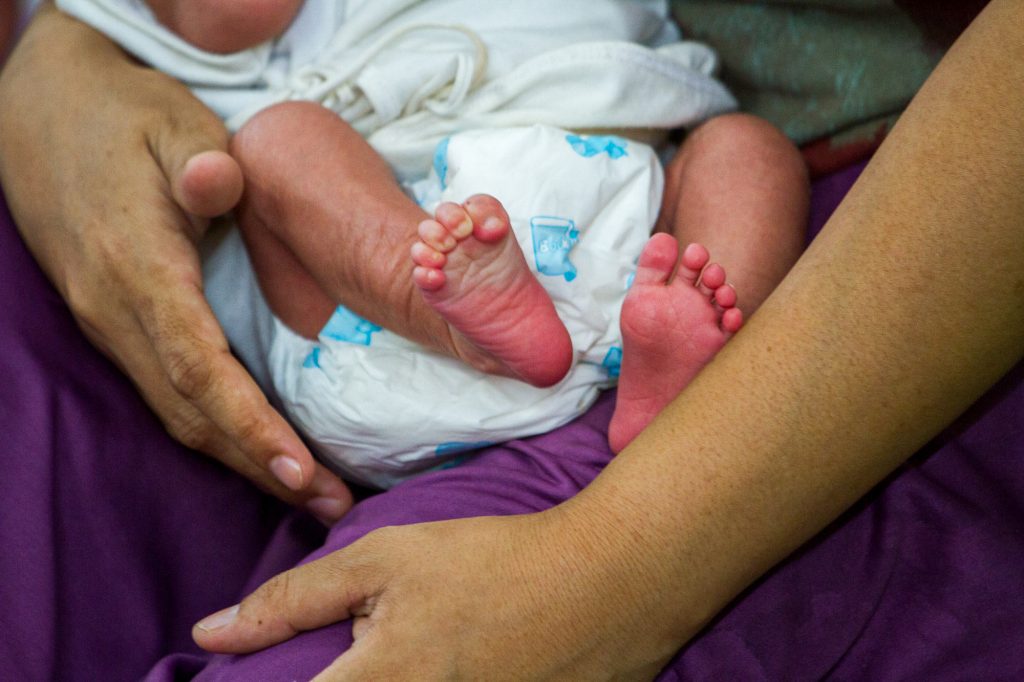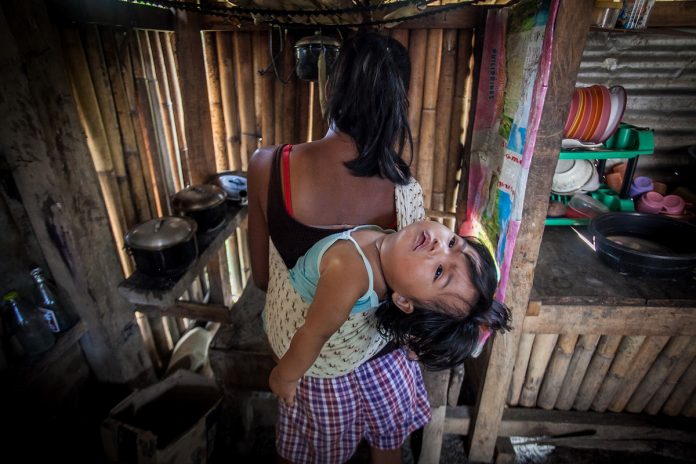Children and women rights groups launched this week a campaign that calls on the Philippine Congress to pass a law that will repeal all legislations that allow the practice of child marriage.
“Today, we announce to the nation and the world that children and youth in Bangsamoro are standing up to say child marriage must stop,” read a statement from the group Maya, a youth alliance in the southern Philippines.
Decades of war in the southern Philippine Bangsamoro region have reportedly caused an increase in child brides.
Proposed legislation banning marriages for children under 18 conflicts also conflicts with the country’s Code of Muslim Personal Laws, under which girls as young as 13 can be married.
“We need to change harmful practices like child marriage, especially if it affects the lives of children,” said Maya’s Farhana Tala Ganoy.
The petition filed on the online site Change.Org (www.change.org/endchildmarriageph) is spearheaded by the Child Rights Network, the Philippine Legislators’ Committee on Population and Development, Plan International Philippines, and the #GirlDefenders Alliance.
It was initially signed by 100 organizations and coalitions, government agencies and officials, legislators, lawyers, health practitioners, personalities, artists, and advocates from civil society.
Supporters of the petition noted that while the Philippine Senate has already passed its version of a bill that prohibits child marriage, the House of Representatives has yet to act on similar pending bills. The House Committee on Women and Gender Equality is scheduled to hold its first-ever hearing on the pending bills on May 19.
Child marriage is still a prevalent practice in Muslim and indigenous communities in the Philippines. Although the legal marrying age for Filipinos is 18, the Code of Muslim Personal Laws or Section 1 Article 16 of Presidential No. 1083 allows marriage at the age of puberty or at the onset of first menstruation.
Romeo Dongeto, convenor of the Child Rights Network, said the country’s legislators “need to look at the issue not only as a matter of prohibiting the act of solemnizing and facilitating child marriage, but also about addressing the fact that many families are resorting to this act as a survival strategy amid severe poverty.”
Maria Lourdes Acosta-Alba, head of the House Committee on Women and Gender Equality, vowed to pass pending measures that will declare the facilitation and solemnization of child marriage “as a public crime.”
She expressed confidence that Congress will pass a law “that will strike the balance between respecting culture and tradition, while at the same time protecting our children.”

Aside from declaring the act of child marriage as a public crime, we intend on legislating the creation of programs and measures that will appropriately address the problem, including education and health services that will be available to those who urgently need such,” said Acosta-Alba in a statement.
According to the United Nations Children’s Fund, the Philippines ranks 12th globally in the absolute number of child marriages. The 2017 Philippine National Demographic and Health Survey also shows that 1 in 6 Filipino girls are married before they are 18 years old.
Data from the 2017 Philippine National Demographic and Health Survey indicate that 26.4 percent of married women with ages 15-19 years old reported experiencing physical, sexual, or emotional violence.
In a comparative study of 34 countries published in the International Journal of Epidemiology, it was found that physical and/or sexual intimate partner violence was higher among women who married as children (29 percent) compared with those who married as adults (20 percent).









